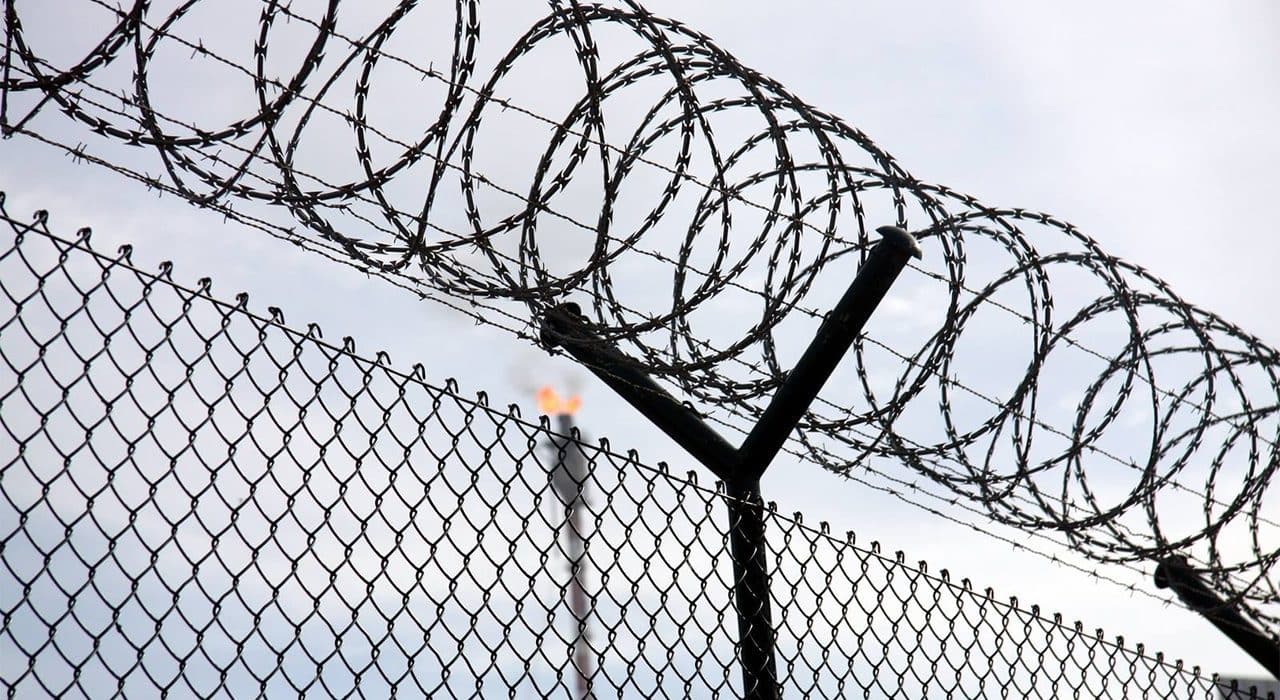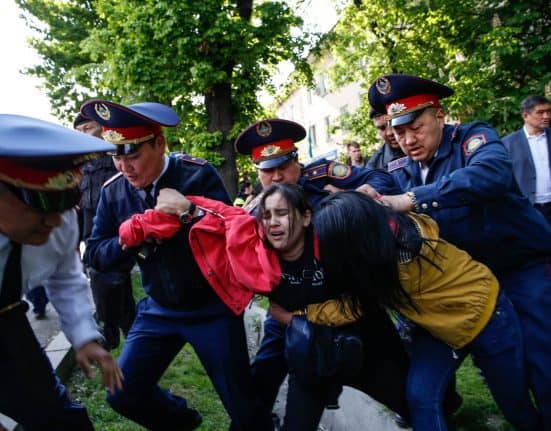Human rights activists discovered artificial overpricing in a store on the territory of the colony-settlement No. 42 (Tashkent region). This was preceded by the liquidation of three sales outlets outside the penitentiary.
It’s especially hard for two mothers who have recently given birth to children. As prisoner Stella Aganova told the human rights activist Tatyana Dovlatova, “many products are not available at all. Diapers and even toothpaste are not sold. Prices have increased, but the quality has fallen.”
As activists from the initiative group “Open line” found out, the administration of the colony hasn’t allowed convicts to go shopping in recent months, justifying it by the fact that the husband of the owner of the grocery store is “a former employee of the Ministry of Internal Affairs and a drug addict”.
“The reason is far-fetched, of course,” the leader of group, Dovlatova, comments on this statement. “The cheburechnaya [local canteen], a hairdressing salon and a fancy-goods shop have stopped working.”
In the shop on the territory of the colony, the entire assortment is sold much more expensive than in Tashkent supermarkets with non-bazaar prices. For example, soap costs 8,000 sums, the same in Tashkent costs 3,000 sums. Tomatoes cost 14,000 sums, and the price in city is 9,000 sums. One small egg costs 1,400 sums, but its price in the capital is 1,000 sums. Sugar costs 16,000 sums per kilogram, almost twice more expensive than in the capital (9,000 sums). The shampoo in the hypermarket costs 24,000 sums, and the saleswoman estimated it at 38,000 sums. If cheap cigarettes of a popular brand in the city cost 10,500 sums, then the price in the colony was raised to 14,000 sums.
Another activist of the group, Nikolai Kucherov, testifies, “there is no price list; there is no payment terminal, the saleswoman herself names the cost of the goods.” The most affordable food for the inhabitants of the colony is a flat cake. Its price is almost like in the city – 2,500 sums.
The human rights activists were outraged by the attitude of the colony’s administration towards the prisoners’ relatives. “People with children wait three to four hours in the 40-degree heat for a short meeting with their loved ones,” says Tatyana Dovlatova. “We weren’t at all surprised by the escape on the eve of our visit on June 16. One can imagine from what hopelessness a person decided to break out with a near-term release.”







Leave feedback about this